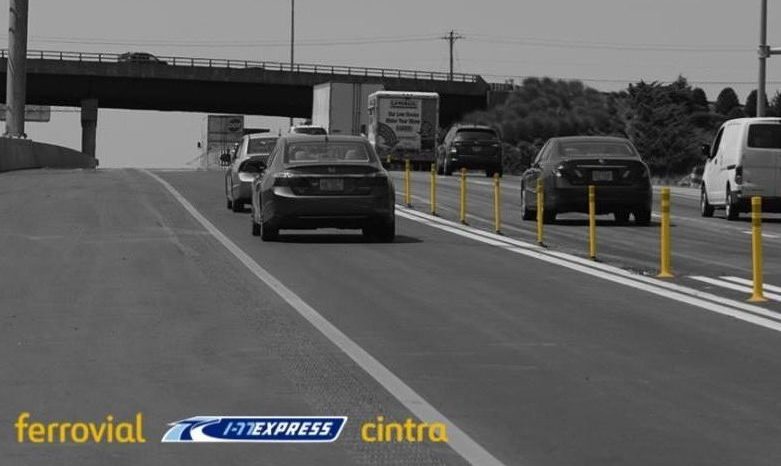SHARE
Road Delineator Maintenance in the I-77 Express Lanes
Road Delineator Maintenance in the I-77 Express Lanes. Can you come up with an efficient solution to improve the cleaning and replacement process of road delineators in highways?
Join the challenge (click on the button below), register, and download the complete description of this competition.
The deadline for submissions is the 6th of April, 2020.
Summary of the Road Delineator Maintenance Challenge
Cintra, with Ferrovial Agromán as the main constructor, has improved Interstate 77 in northern Charlotte, North Carolina, by adding electronic-tolled Managed Lanes along 26 miles of the highway. Once construction is finished, I-77 Mobility Partners (I-77 MP), a consortium led by Cintra, will be responsible for the operation and maintenance of the project. The I-77 Express Lanes run adjacent to the existing general-purpose free lanes, separated by plastic delineators (see https://www.ferrovial.com/en/business/projects/i-77-express-lanes/). Delineators’ main purpose is to prevent toll violators to enter or exit the toll lane without crossing a toll gantry. The Concession Agreement (CA) requirements establish the replacement of all damaged or missing delineation posts/reflectors. They shall be free of functional defects and visible to the traveling public. Current delineators, as part of the routine maintenance, will have to be cleaned to accomplish the reflectivity requirements in the CA. Sprayed cleaning solutions have been tested, but the dirt does not come out as it depends on the type of dirt they present (e.g. oil-related dirt, very difficult to eliminate). Maintenance must be performed with rolling closures from 9 pm to 6 am.What the client is looking for
The main goal of this challenge is to find a solution to reduce the maintenance cost (cleaning and replacement) of the delineators while complying with the contract requirements. Modifications in the design or materials of the delineators are accepted in this challenge, as long as you have a solid business case and comply with safety regulations. Physical separation (delineators) is preferred but other creative approaches may also be considered. The proposed solution should consider only the closure of the right adjacent lane (toll-free) and implement the necessary methods and equipment.Evaluation Criteria
The solutions will be evaluated according to these criteria in the following order of importance:- Safe solution
- Technically improves the cleaning process.
- Technically improves the replacement operation.
- Best Business Case: initial investment (CAPEX) + operational cost (OPEX)
- The highest degree of automation
- Lowest environmental impact (e.g. water consumption, chemicals hazards, etc.)
